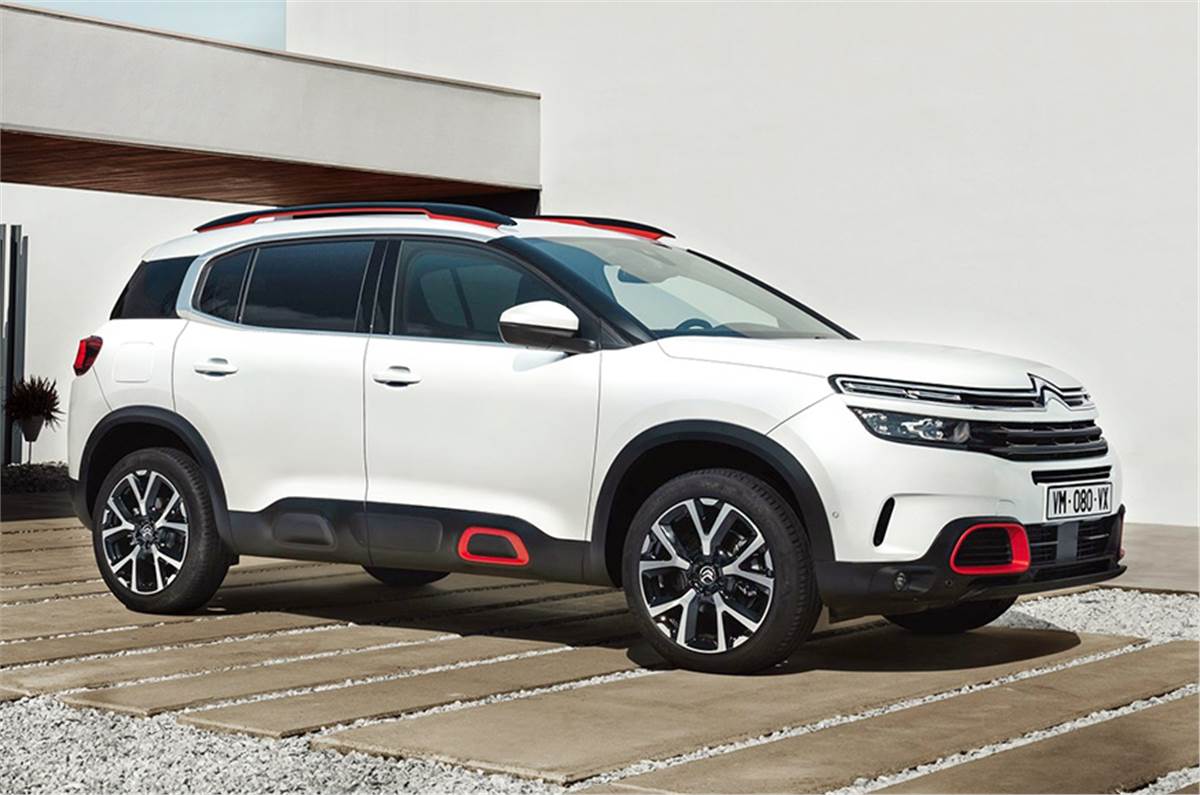The budget announced on By FM Mrs. Nirmala Seetharaman brought huge disappointment of the decade for the automobile industry.
The Indian Automobile Industry is facing one of its biggest slumps ever, and is in a desperate need of help in order to get back on track. The industry suffered a 13.77 per cent decline in sales in 2019, as compared to the previous year – which is the worst decline in about two decades.
Society of Indian Automobile Manufacturers (SIAM), the apex national body representing all major vehicle and vehicular engine manufacturers in India suggested the government a number of measures in order to turn the slowdown, the first and foremost being the tax reduction on new vehicle registrations.
SIAM suggested the government to reduce GST rates on vehicles from 28 per cent to 18 per cent, which would make buying a vehicle affordable, and encourage people to do so.
SIAM also asked to abolish the 5 per cent duty levied on import of lithium-ion battery cells, which would in turn allow manufacturers to produce the battery in the country itself, hence bringing the cost down. Battery manufacturers like ION Energy believe that the abolishment of duty on lithium-ion battery cells could prove to be vital, since Li-ion batteries constitute almost 45 per cent cost in EVs.
Apart from these two suggestions, requests were also made to introduce an incentive-based scrappage policy to remove old and outdated vehicles from the roads, and to incentivise private buyers of hybrids and EVs.
However, the Budget 2020 disappointed the entire country as most of the requests have not been met. With the BS6 emission norms right around the corner, the prices of the vehicles, especially diesel cars, will witness a hike. The GST reduction could have compensated for the hike in the price which is the result of transitioning from BS4 to BS6.
Sudhir Sharma, Vice President, Finance & Corporate Development, GoMechanic said that the budget did not specifically talk much on the automobile sector which is currently going through one of its slowest phases. He said, “We will continue to work with Industry bodies to bring the velocity back to the sector which is struggling for traction during this slippery phase.”
MG Motor India was hoping that the Government would provide right policies, incentives and a proper charging infrastructure in order to bring more electric vehicles on the road. The carmaker recently launched its first fully-electric car in the country, the ZS EV, and is already ambitious about launching more electric cars to be at the forefront in the EV space.
Rajeev Singh, Partner, Deloitte India on the Union Budget 2020 said, “The two big misses from Automotive perspective were no announcements regarding GST reduction, especially to offset the increase in prices due to BSVI vehicles. The industry was also expecting announcement around the scrappage policy for not only boosting demand of new vehicles but also ensure the old polluting vehicles are pulled out of transportation system resulting in cleaner air.”
On the other hand, what was actually announced is that the budget allocation for the Ministry of Road Transport and Highways has been increased from Rs 83,016 crore in FY2019 to Rs 91,823.22 crore. Apart from that, a highway development programme will be undertaken to improve the infrastructure of the country.
“Accelerated development of highways will be undertaken. This will include development of 2500 Km access control highways, 9000 Km of economic corridors, 2000 Km of coastal and land port roads and 2000 Km of strategic highways," Sitharaman said.
The Finance Minister also said that the Delhi-Mumbai Expressway will be completed by 2023, and work on Chennai-Bengaluru Expressway would also be started soon. The central government has will also be raising funds by commercialising highways by using data from the FASTag payments mechanism.
FASTags became mandatory for all private and commercial vehicles in December last year. It allows automatic deduction of charges at toll plazas, without having to stop. The government plans to monetise 12 highways, covering over 6,000 km, in a span of four years. Doing so will help National Highways Authority of India (NHAI) to raise more resources.
The Budget 2020 did not provide the automotive industry of any sorts of relief. However, there has also been some positive response from industry veterans including Pawan Goenka, Managing Director, Mahindra & Mahindra; Sunny Kataria, VP Auto, OLX, among others.
While the alterations made to the Income Tax slab in the Union Budget 2020 will prove to be beneficial for the middle-class, it is highly unlikely that it will directly result in increase in automobile sales in the short term.
| Previous News | Next News |
 Everything About Citroen C5 Aircross Ahead of Launch in March 2021 Everything About Citroen C5 Aircross Ahead of Launch in March 2021 |
 Updates About Upcoming Royal Enfield Hunter 350
Updates About Upcoming Royal Enfield Hunter 350 |